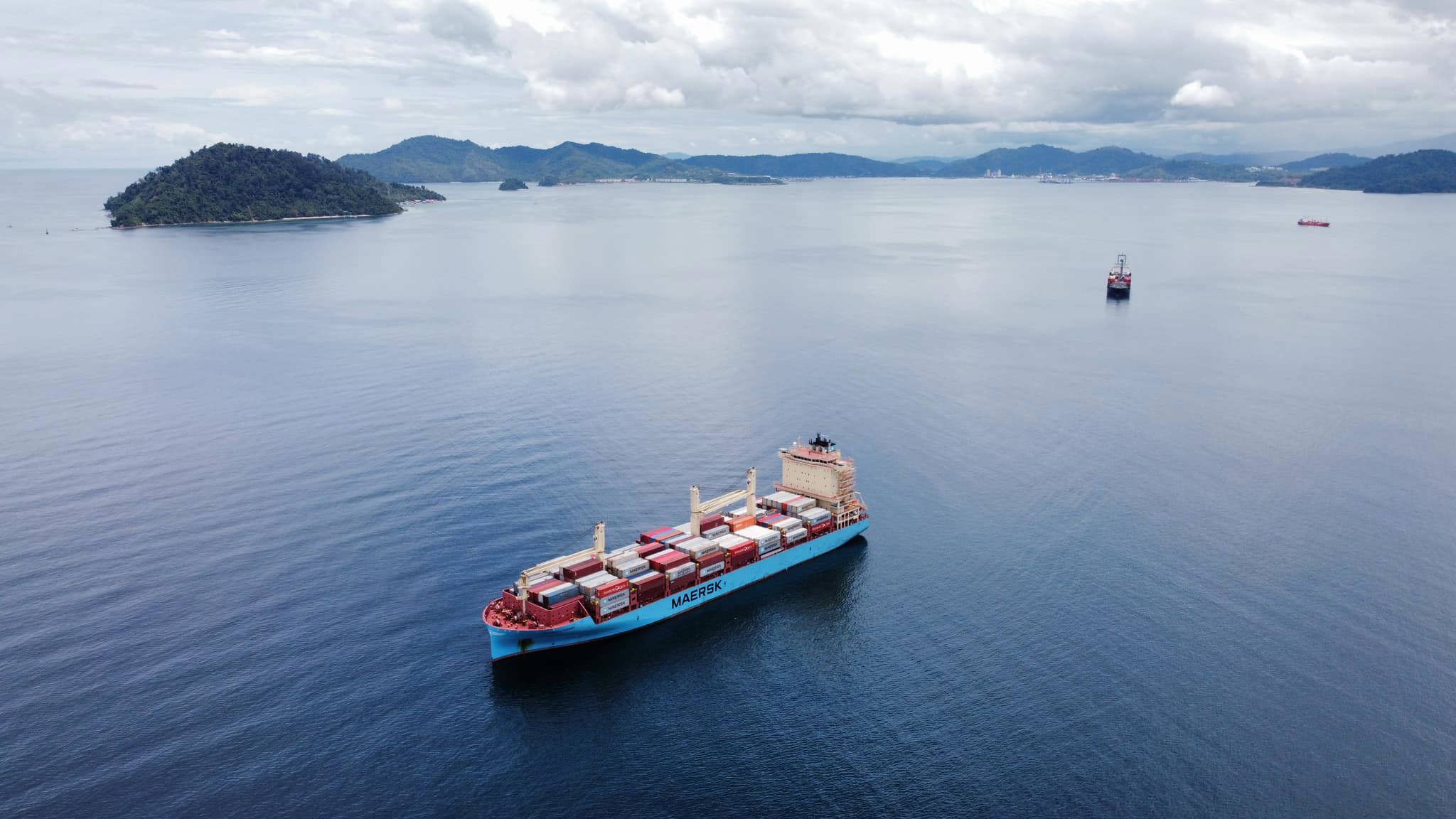Nearly two years ago, BESTSELLER announced a partnership with Maersk securing products transported by sea would be shipped using Maersk's biofuel solution. The investment has now shown positive results.
Compared to using traditional fossil-fuel-based ocean transport, BESTSELLER has avoided 37,000 tonnes of CO2 emissions or the annual energy consumption of 8,000 cars*. Without this partnership BESTSELLER’s total logistics emissions in 2021-22 would have been more than 20 percent higher.
“We are proud to see our investment in biofuel ocean transport makes a real difference on our environmental footprint. This partnership will continue to play an important part of our sustainability strategy and seeing the positive results encourages us as we plan the next step on our journey towards a fully carbon-neutral logistics operation,” says Allan Kyhe Kjærgaard, Logistics Director at BESTSELLER.
A balancing concept
Ocean transport makes up over 80 percent of BESTSELLER’s all transport solutions. Maersk ECO Delivery, including global transport from major ports in China and Bangladesh, covers vast majority of all its sea freight.
After introducing the biofuel solution, logistics is now responsible for three percent of the fashion company’s total direct and indirect CO2 emissions.
“We are proud to see one of the world's top fashion and lifestyle groups progress towards their ambitious sustainability goals by investing in Maersk ECO Delivery. The solution is a mass balancing concept that takes advantage of emission reductions without compromising flexibility or efficiency in the supply chain design,” says Stig Kirkegaard, Area Head of Key Customers in Scandinavia at A.P. Moller - Maersk.
A step on the journey
The partnership with Maersk is among other initiatives BESTSELLER has implemented to reduce the CO2 impact from its value chain.
As transport represents three percent of the company’s total CO2 emissions, this is just one small step forward. Going forward, the company will make greater efforts to reduce its indirect emissions from the production of raw materials and manufacturing, where its largest impact is.
About
- Maersk's biofuel uses second-generation feedstock.
- The fuels reduce emissions by procuring compliant green fuels and replacing fossil fuels in Maersk´s ocean network.
- The fuels use clean cargo methodology in accordance with GLEC (Global Logistics Emissions Council).
- Maersk ECO Delivery certification is audited by a third-party auditor (PWC).
